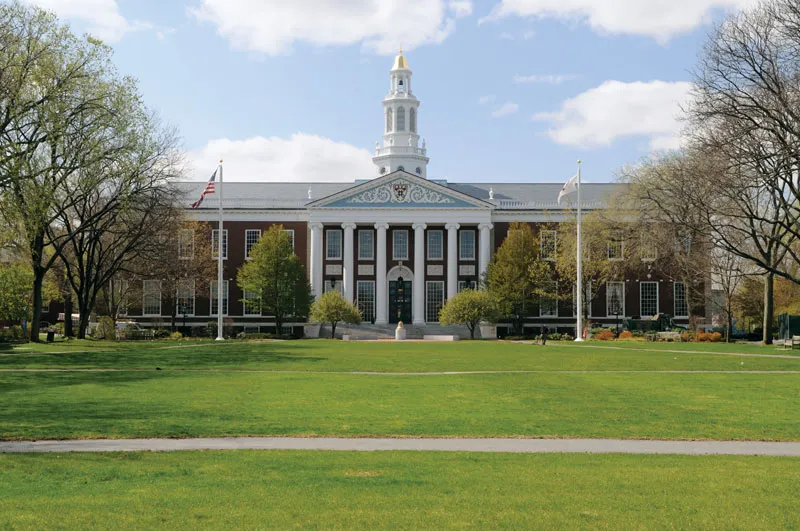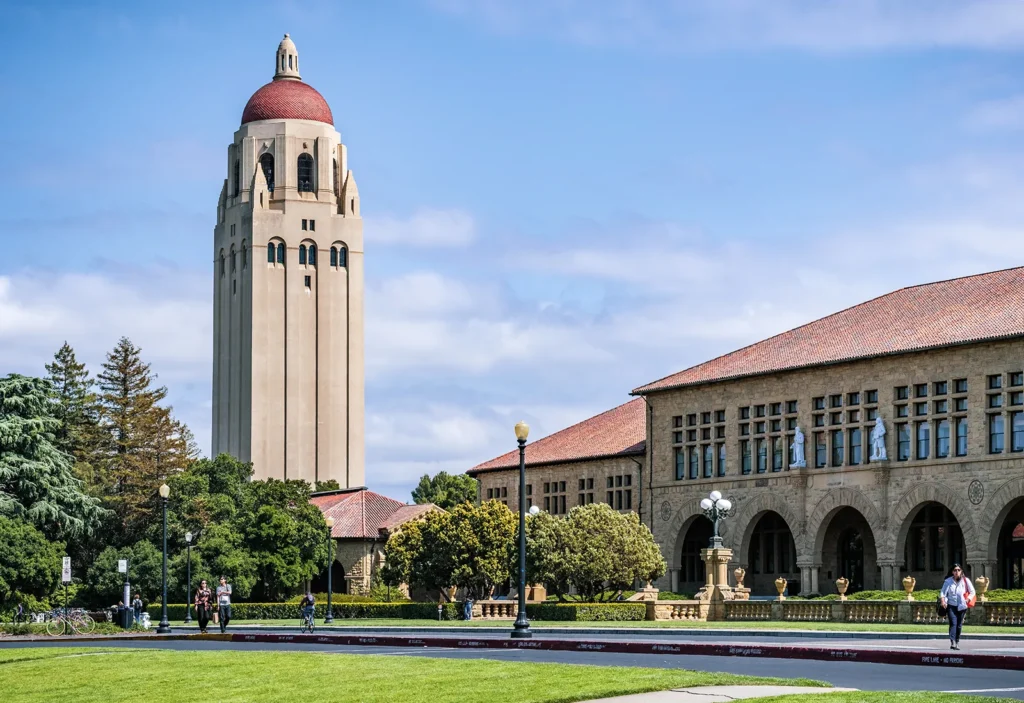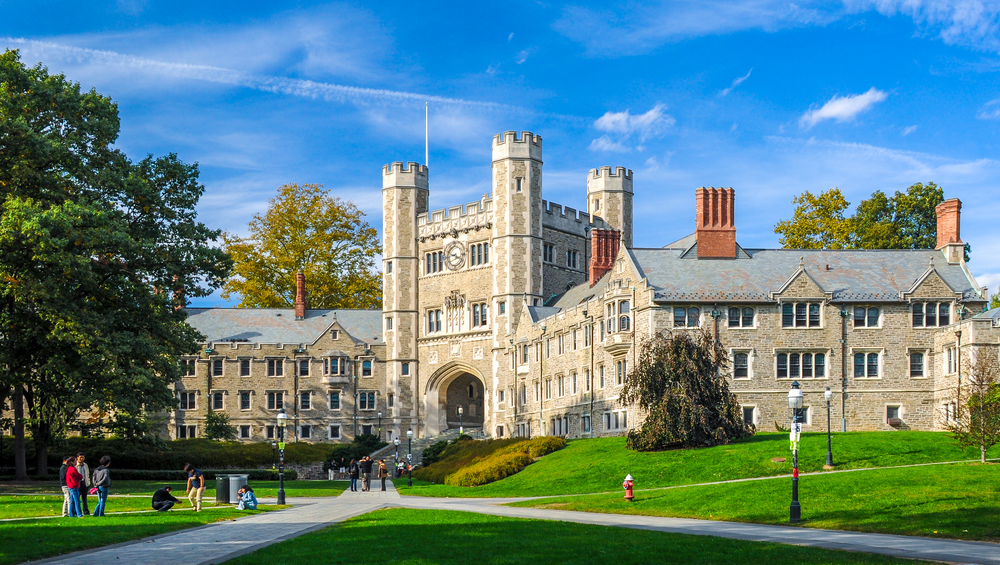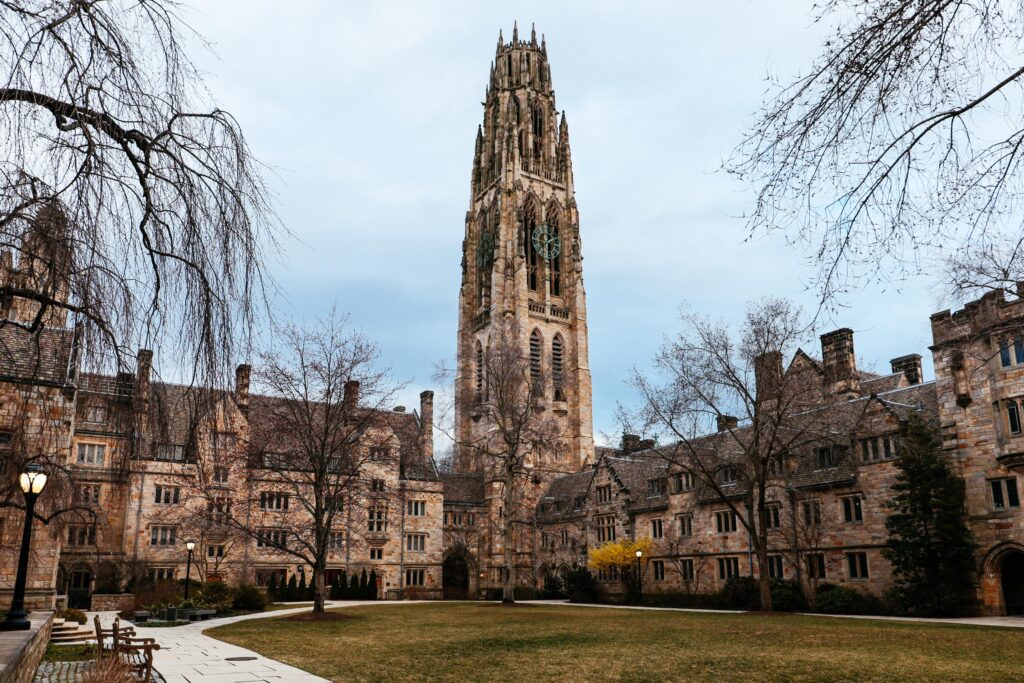[Best Private Universities]The United States is known for its world-class universities, and many of its top institutions are private. Private universities in the U.S. offer a unique educational experience, often characterized by smaller class sizes, highly-qualified faculty, and a strong focus on research and student success. For those looking to make the most of their university years, selecting the right private university can be a game-changer.
Table of Contents
Benefits of Studying at a Private University[Best Private Universities]
Choosing a private university has numerous advantages that can shape your academic and personal growth:
- Smaller Class Sizes: Private universities often maintain low student-to-faculty ratios, allowing for more individualized attention and mentorship.
- Strong Alumni Networks: These universities have powerful alumni communities that help students with career opportunities, networking, and mentorship.[Best Private Universities]
- Personalized Academic Experience: Private universities tend to provide personalized programs that cater to individual academic needs and career aspirations.

Criteria for Ranking Private Universities
To determine the best private universities, we consider several essential factors:
- Academic Reputation: The quality of faculty, research output, and the institution’s overall academic standing.
- Campus Facilities: Libraries, research labs, housing, and recreational facilities that contribute to an enriched student life.
- Employment Outcomes: The success of graduates in securing jobs and advancing in their careers.
- Diversity and Student Life: A vibrant campus atmosphere that promotes diversity, inclusion, and student engagement.
Top 5 Private Universities in the U.S.
Based on these factors, here are the five top-rated private universities in the United States:
1. Harvard University
Overview:
Harvard University, located in Cambridge, Massachusetts, is one of the most prestigious universities worldwide. With a history dating back to 1636, it has produced a significant number of influential leaders, thinkers, and innovators.
Strengths and Unique Features:
Harvard offers an unparalleled academic reputation, a strong emphasis on interdisciplinary studies, and one of the largest libraries in the world. Its faculty includes Nobel laureates and globally recognized scholars.
Campus Life and Facilities:
With top-tier facilities like the Harvard Library, state-of-the-art labs, and numerous student organizations, Harvard provides a balanced mix of academic rigor and social engagement.

2. Stanford University
Overview:
Situated in the heart of California’s Silicon Valley, Stanford University is known for its innovation, research, and connection to the tech industry.[Best Private Universities]
Academic Strengths:
Stanford excels in business, engineering, and the sciences. The university promotes an entrepreneurial mindset, encouraging students to create, innovate, and lead.
Innovative Resources and Silicon Valley Connection:
Stanford’s close proximity to Silicon Valley offers students access to internships, partnerships, and networking opportunities with some of the world’s leading tech companies.

3. Princeton University
Overview:
Princeton University, in Princeton, New Jersey, is one of the oldest and most respected Ivy League universities, known for its small-town charm and academic excellence.[Best Private Universities]
Strengths and Unique Traditions:
With a strong liberal arts focus, Princeton offers unique programs and a high level of undergraduate support. The university’s “preceptorial” system ensures close interaction between students and faculty.
Research Opportunities and Programs:
Princeton’s research facilities and support for student-led projects provide an engaging academic environment for those interested in scholarly pursuits.

4. Massachusetts Institute of Technology (MIT)
Overview:
Located in Cambridge, Massachusetts, MIT is a globally recognized leader in science, engineering, and technological innovation.
Technological and Research Focus:
MIT focuses on problem-solving and cutting-edge research, fostering an environment where students can explore and apply new technologies.[Best Private Universities]
Campus Life and Community:
MIT’s vibrant campus community is home to numerous clubs, societies, and research groups, creating an ecosystem of collaborative learning and innovation.

5. Yale University
Overview:
Yale University, located in New Haven, Connecticut, is known for its rich history, strong liberal arts curriculum, and focus on arts and humanities.
Strengths and Programs:
With a world-renowned law school and numerous strong arts programs, Yale is a top choice for students interested in law, politics, and the humanities.[Best Private Universities]
Arts and Cultural Resources:
Yale’s campus is packed with cultural institutions, such as the Yale Art Gallery and the Peabody Museum, adding to the university’s unique educational experience.

Choosing the Right Private University for You
When choosing a private university, consider factors like location, academic strengths, campus culture, and personal career goals. Think about what environment will help you grow both academically and personally.
Application Process for Private Universities
Applying to a top private university requires careful preparation:
- Admission Requirements: Each university has unique application requirements, often including high GPA, standardized test scores, essays, and recommendations.
- Tips for a Strong Application: Stand out by highlighting your unique qualities, achievements, and reasons for choosing the university in your application essays.
Financial Aid and Scholarships at Private Universities
Private universities often have extensive financial aid resources:
- Availability and Types of Aid: Most private universities offer need-based scholarships, grants, and work-study programs.
- Tips for Securing Scholarships: Apply early, maintain a strong academic record, and research scholarships available to students in your chosen field.
Student Life and Extracurricular Activities
Private universities encourage students to get involved in campus activities, providing a well-rounded experience. From sports teams to cultural clubs, there are countless ways to engage with the community.
Academic and Career Support Services
Private universities offer dedicated career counseling, internship opportunities, and access to alumni networks, helping students succeed in the job market after graduation.
Conclusion
Choosing to study at one of the top private universities in the United States opens doors to numerous academic and career opportunities. Each institution has unique strengths, so it’s essential to find the one that best aligns with your aspirations.
FAQs
1. Which private university is the best for international students?
Harvard, Stanford, and MIT have strong international programs and resources.
2. Do private universities offer scholarships?
Yes, most private universities offer need-based and merit scholarships to eligible students.
3. How can I increase my chances of admission?
Focus on academic achievements, write compelling application essays, and get strong letters of recommendation.
4. Are private universities better than public ones?
This depends on personal preferences and career goals. Both offer excellent opportunities but have different environments.
5. What are the main differences between studying at a private and public university?
Private universities often have smaller class sizes and more personalized resources, whereas public universities tend to be larger and more affordable.
